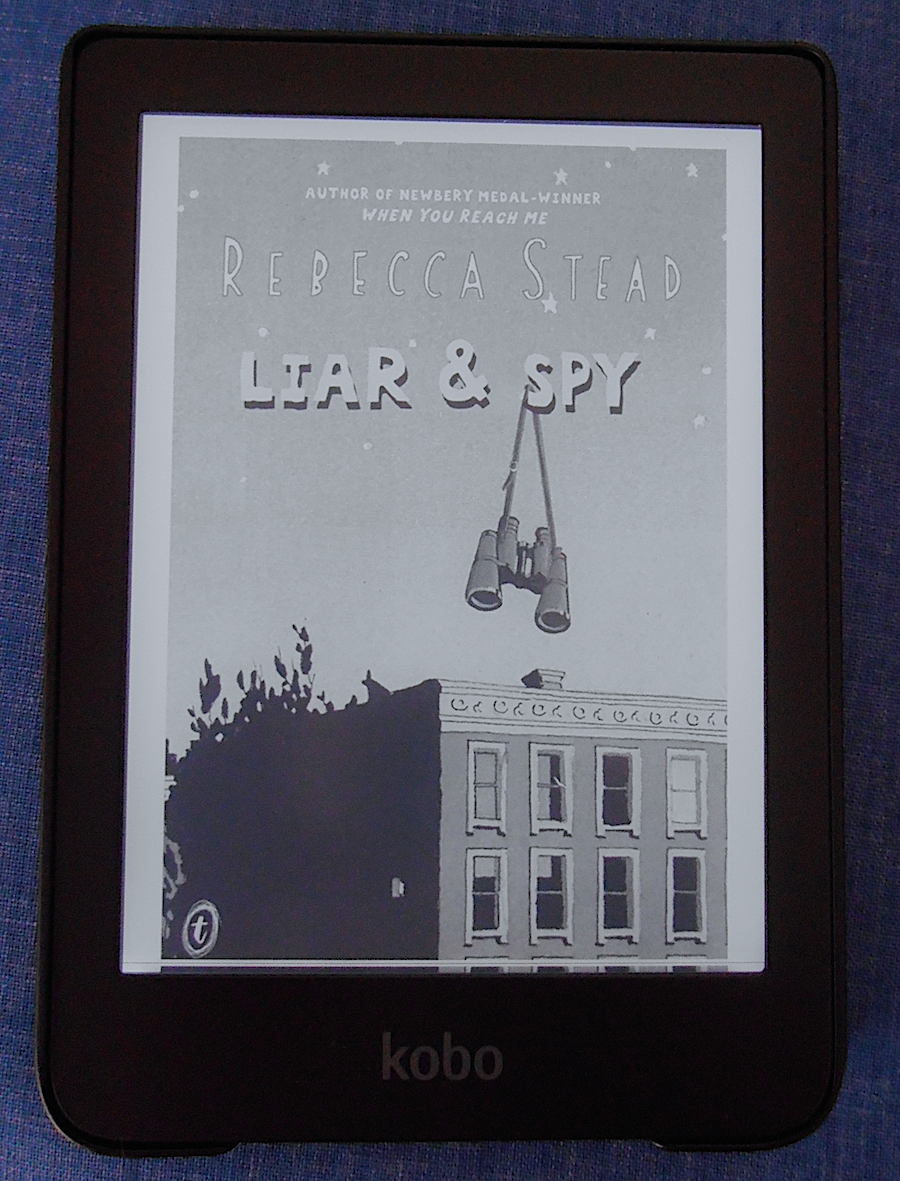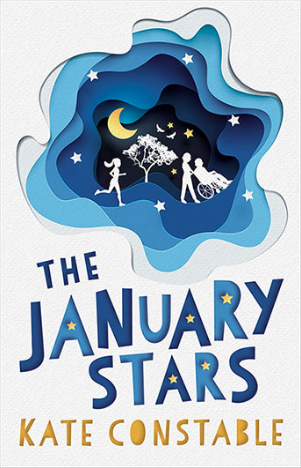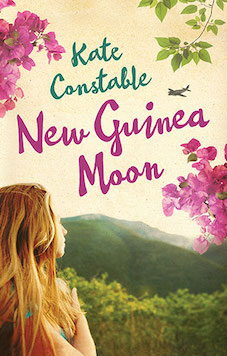I’d planned to publish this for Love Your Bookshop Day, to say thank you to all the Australian booksellers who have worked so hard to keep us supplied with books during the pandemic. Unfortunately, Love Your Bookshop Day was two weeks ago. I would have known the correct date if I was still on Twitter. But not being on Twitter meant I had lots more spare time to write this. Swings and roundabouts. So, here, belatedly, for booksellers and book readers, is a fluffy FitzOsbornes short story. I’m afraid it won’t make a lot of sense unless you’ve read The FitzOsbornes at War.
The Mystery of the Dashing Widower
One of the most enjoyable aspects of Miss Lancaster’s job at the bookshop — apart from the unlimited access to books, of course — was contemplating the hidden lives of the customers. Such mysteries! There was The Major, a gruff elderly gentleman who always had a Mills and Boon romance concealed in the stack of military history books he brought up to the counter each month. (“For the wife,” he’d muttered, when he saw Miss Lancaster’s glance snag upon Desire is Blind. She wasn’t sure if it would be more endearing if this turned out to be the truth or a lie.) There was the tall, thin lady who was slowly making her way through a badly-foxed copy of The Interpretation of Dreams in the dimmest corner of the shop, marking her place each week with a red cotton thread. There was The Brunette in Blue, who always contrived to be in the shop at the exact same time as The Shy Accountant, although Miss Lancaster had never managed to catch them exchanging a single word, let alone touching.
However, her favourite mystery by far was the Dashing Widower, whom she’d first encountered two years ago when he’d rushed in and begged for book recommendations.
“It’s for my sister,” he’d said. “She’s very clever and has read absolutely everything but we must keep her in bed, doctor’s advice, you see, first baby and all, and magazines and newspapers simply aren’t working anymore.”
“Ah,” said Miss Lancaster, brightening. It had been a very dull afternoon and the young gentleman had blond curls and sparkling blue eyes and a charming smile. “Well, what interests her?”
“The human condition,” he said solemnly, then laughed. “Let’s see. She likes Austen and Trollope and the Brontës and there’s a novel she’s just finished, I wrote down its author — Davey, I have to put you down for a moment while I find that note.” He’d been carrying a dark-haired child, perhaps two years old, who grumbled quietly as he was lowered to the floor. “Look, old chap, a book about yachts, you’ll adore that. Here we are — Rumer Godden. Can that be right? Is that really someone’s name?”
Up close, the gentleman was older than she’d first thought, with scarred flesh running down the side of his face and neck. He limped, and later she realised he had a wooden leg. The war, she supposed. What a tragedy, and then to have lost his wife, too — because surely he was a widower. Why else would a man spend so much time looking after his small children? Because soon after that, he began to visit the shop every couple of weeks or so, sometimes with a baby in a fancy silver perambulator, more often with his son on their way back from sailing toy boats in Hyde Park. He mostly bought books for the children, Ladybirds and Dr Seuss and a beautiful leather-bound collection of fairy tales. Sometimes he accepted further recommendations for his sister (“The Grand Sophy! Oh, yes, that’s perfect.”), but he always claimed he didn’t read himself.
“You do, Daddy,” corrected Davey. “You read about aeroplanes.”
“Yes, maintenance manuals,” said his father, and Miss Lancaster filed that away. Ex-RAF? Former fighter pilot? Current pilot? Except he didn’t ever seem to go to work.
“We had a box of Biggles come in this morning,” she offered. “Excellent condition.” She picked up Biggles Sees It Through and handed it over. A curious expression came over his face and he went very still.
“What’s that?” said Davey, peering closer.
His father shook his head and smiled down at the boy.
“Sorry, lost in thought. Your aunt loved these books. Oh, look, Davey, The Adventures of Wonk: Going To Sea! Shall we get that one?”
Miss Lancaster stayed well away from aeroplanes — indeed, anything military — after that. Her standard recommendation for men who claimed not to read was a collection of humorous short stories, but she didn’t dare suggest P. G. Wodehouse, not after all the fuss about his broadcasts during the war. Nazi propaganda, they’d called it. Sometimes it felt as though the war would never be over…
Months later, Miss Lancaster spied the Dashing Widower by The Serpentine with a pretty blonde who looked so much like him that she could only have been his sister. Davey was hurling bread at the ducks, his sister had by then grown big enough to stand on her own legs and the lady was fussing over a smaller baby in the now-familiar perambulator. Her baby? Presumably. She did not, Miss Lancaster had to admit, look like a Biggles fan, but appearances could be deceiving.
However interesting this sighting was, it was nothing compared to the momentous afternoon the following year. Miss Lancaster had been walking through Belgravia. This was not, strictly speaking, on her way home, but sometimes she couldn’t resist the lure of those grand old mansions, so imposing, so intriguing. Since the war, some of them had been turned into embassies — mostly for tiny countries no one had ever heard of, but still, imagine all the fascinating people inside, the diplomats and press officers and spies… She turned a corner and there, across the road, was the Dashing Widower with little Davey, talking to one of the most beautiful women Miss Lancaster had ever seen in real life. She looked like a film star, except she was dressed in a sensible navy trouser suit and her only makeup was a slash of scarlet lipstick. The three of them were standing on the steps of the grandest house on the street and the resemblance between Davey and the woman was striking.
Miss Lancaster did some hasty editing of her mental file. Not a widower, then? Perhaps his beautiful wife was one of those modern career women and he’d agreed to take care of the children? Because his injuries were so serious that he knew he could never work again? Although she suspected that no one who lived in a house like that would ever need to worry about working at any sort of ordinary job. Old money, as her boss had said that morning when he’d returned from that deceased-estate auction in the country. Miss Lancaster sidled rapidly across the road to the neighbouring house and arranged herself behind a marble pillar, where she spent some time with her head bent over her handbag, carefully adjusting and re-adjusting the leather strap.
“I must go,” said the lady. “Meeting Daniel for tea at Westminster.”
Could she be a lady MP?
The woman climbed into a rather battered-looking motor car and Davey waved vigorously as she drove off.
“Bye, Aunt Veronica!” he cried.
Ah. Not his mother, then. An aunt, and this one looked even less like a Biggles reader. Miss Lancaster was just wondering whether she could stroll ahead now, perhaps nod hello and get a glimpse of their foyer as they opened their front door, when a far more impressive motor car pulled up and Cary Grant stepped out.
Well, not Cary Grant, because he was in Hollywood, but close enough, double-breasted pin-striped Savile Row suit and all. Davey ran down the stairs and threw himself at the man.
“Oh, you just missed Veronica,” said the Dashing Widower.
“Good,” said Not Cary Grant, hoisting up Davey. “How’s my boy?” he asked with obvious affection, and now Miss Lancaster could see the family resemblance between those two as well. “Is Julia back yet?”
“Yes,” said the Dashing Widower. “And the meeting went exactly as you predicted. But never fear, she’s plotting her next move.”
“You were away for two days,” said Davey accusingly, holding up two fingers.
“Yes, and I missed you,” said Not Cary Grant.
“Did you miss Mummy?”
“Yes.” He put the child down so that he could pull his suitcase out of the car.
“Did you miss Daddy?”
“Yes.”
“Did you miss Mr Simpkins?”
“Who’s Mr Simpkins?”
“The cat with three legs.”
“The one that chewed up my favourite silk tie? No, I did not miss him. And I wish your uncle would stop foisting all these defective animals on us—”
The three of them disappeared through the glossy red front door, which shut firmly behind them before Miss Lancaster could catch a glimpse of the interior.
Miss Lancaster pursed her lips. This was getting very confusing.
She had progressed no further with solving the mystery of the Devoted Father, as she’d re-named him, on an icy winter’s afternoon a few months later. Anyone who had any choice in the matter would have been tucked up by the fire at home with tea and crumpets. Davey, however, had birthday money to spend and was taking this book-buying expedition very seriously.
“I could get this one about sailing ships and this quite small book about a fireman or I could get this very, very good book about how to defend a castle from invaders…”
 Meanwhile, his little sister was sitting on the rug in the children’s section, her stout legs stretched out in front of her. She was the most angelic-looking child, all golden curls and enormous blue-green eyes, but her rosebud frock had mud smeared down the front. (“Toni fell in a puddle,” Davey had said disapprovingly. “On purpose. And she just laughed.”) Her father was holding up a book for her approval.
Meanwhile, his little sister was sitting on the rug in the children’s section, her stout legs stretched out in front of her. She was the most angelic-looking child, all golden curls and enormous blue-green eyes, but her rosebud frock had mud smeared down the front. (“Toni fell in a puddle,” Davey had said disapprovingly. “On purpose. And she just laughed.”) Her father was holding up a book for her approval.
“I want bunny,” she said.
“We say please when we want something. And we do not need any more bunny books,” said her father. “Now, who’s this? Look, he’s grey and has floppy ears!” He handed her The Story of Babar, which she examined dubiously. “You sit here quietly and look at this for a moment. Davey! Have you decided yet?”
The little boy was frowning at two books. “I decided, but I don’t have enough money. This one costs two shillings and two pence and this very, very good one is three shillings and nine pence.”
“So how much are they, when you add them up?”
“Five shillings and eleven pence. But I only have five shillings and eight pence.” He held out a palmful of coins.
“So how much more money do you need?”
“I’m only four, Daddy,” said Davey. “I can do adding up, but I can’t do adding down.”
“It’s called subtracting and yes, you can. You were doing it this morning. Here, I’m going to lend you thruppence and you can pay me back from your jam jar when we get home. How much do you have now?”
“Five shillings and eleven pence!”
“So if you subtract three pence from five shillings and eleven pence, you get—?”
“Daddy, Toni is climbing the wall.”
Miss Lancaster, distracted by the arithmetic lesson, had also failed to notice the little girl, who had tucked her dress into her bloomers and scaled the bookshelf in the Natural History section as far up as Alpine Flora and Fauna.
“Good Lord, I leave you alone for thirty seconds!” said her father, who’d dashed over to rescue her. “No climbing, Toni! That’s very naughty. You could hurt yourself. And look, now you’ve torn your new dress—”
“Excuse me, I would like to pay for these books, please,” said a firm voice somewhere below the counter.
“Oh, I’m sorry,” said Miss Lancaster, leaning over to take the books and handful of coins from Davey. “Thank you, that’s the exact amount. Shall I wrap them for you?”
“No, thank you. I will put them in my bag.” Davey was carefully stowing them away in his satchel when his father came up, carrying the little girl.
“Give the book to the lady, please,” said the Devoted Father, rather wearily.
“No!” Toni clutched the book and shook her head. Then she suddenly changed her mind and thrust The Bunney-Fluffs’ Moving Day at Miss Lancaster, with a dazzling smile that showed off two new pearly teeth.
“Ah, a bunny book. How nice,” said Miss Lancaster blandly. “That will be 2/6, please. Shall I wrap it for you?”
“Put this in your bag, please, Davey,” said the Devoted Father. “Right! Have we got everything? Toni, where are your mittens? Let’s go or we’ll be late for tea. Remember, we’re going to see Elizabeth this afternoon.”
“Princess Elizabeth?” said Davey, and Miss Lancaster’s eyes widened.
“So we’ll be on our best behaviour, won’t we, Toni?”
“Bunny book,” said Toni.
“Yes, you can share your bunny book with her. I’m sure she’ll love that. Good afternoon,” he said, nodding to Miss Lancaster. “Terribly sorry about the mountaineering. Won’t happen again.” He herded the children out and the bell clanged behind them.
Miss Lancaster propped her elbow on the counter and her chin on her hand. She was considering getting some cushions for the children’s section and perhaps a Winnie-the-Pooh to sit on the windowsill. Her boss said she should not encourage children in the shop because they were noisy and smelly and had sticky fingers, but Miss Lancaster had pointed out that this also applied to a significant number of their grown-up customers. She very much enjoyed observing the various children who visited the bookshop and remained hopeful that one day, little Davey would let slip enough information to enable her to solve the mystery of the Devoted Father. In the meantime, she was going to put the kettle on. She was planning to have a nice cup of tea and an arrowroot biscuit. And then she had a box of Margery Allingham detective stories to sort through. Miss Lancaster really did adore her job.
© Michelle Cooper 2020


 Meanwhile, his little sister was sitting on the rug in the children’s section, her stout legs stretched out in front of her. She was the most angelic-looking child, all golden curls and enormous blue-green eyes, but her rosebud frock had mud smeared down the front. (“Toni fell in a puddle,” Davey had said disapprovingly. “On purpose. And she just laughed.”) Her father was holding up a book for her approval.
Meanwhile, his little sister was sitting on the rug in the children’s section, her stout legs stretched out in front of her. She was the most angelic-looking child, all golden curls and enormous blue-green eyes, but her rosebud frock had mud smeared down the front. (“Toni fell in a puddle,” Davey had said disapprovingly. “On purpose. And she just laughed.”) Her father was holding up a book for her approval.







 If you like the sound of The January Stars, you may want to try
If you like the sound of The January Stars, you may want to try  I also really enjoyed
I also really enjoyed